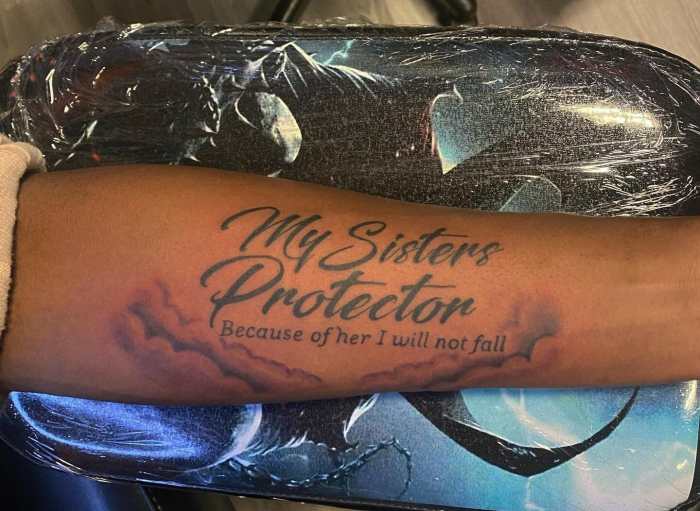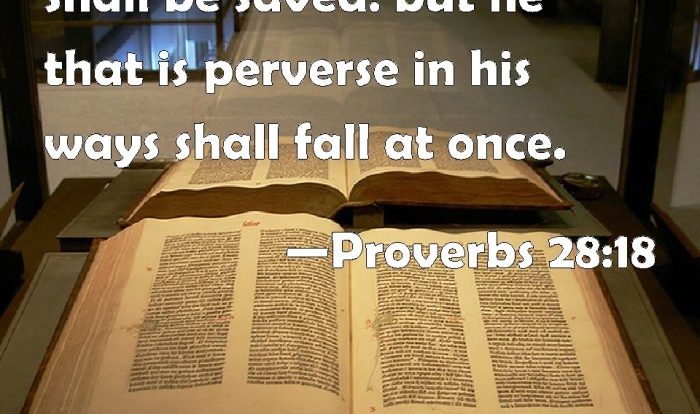As “What Does My Sister’s Keeper Mean” takes center stage, this opening passage beckons readers into a world of profound inquiry, where the phrase’s multifaceted nature is examined with meticulous precision. From its biblical roots to its contemporary interpretations, this exploration delves into the ethical, moral, and cultural implications of this enigmatic expression, promising a journey that is both enlightening and thought-provoking.
The phrase “my sister’s keeper” has captivated the human imagination for centuries, transcending linguistic and cultural boundaries. Its origins can be traced back to the biblical narrative of Cain and Abel, where Cain’s infamous question, “Am I my brother’s keeper?” echoes through the annals of history, raising fundamental questions about our responsibilities towards those closest to us.
Meaning of the Phrase: What Does My Sister’s Keeper Mean

The phrase “my sister’s keeper” has a literal meaning of being responsible for the well-being and protection of one’s sister. It implies a sense of duty and care towards a sibling, extending beyond biological ties to encompass emotional, physical, and spiritual support.
In broader contexts, the phrase is often used to emphasize the responsibility individuals have towards those they consider as part of their extended family or community. It conveys a sense of interconnectedness and the belief that we are all responsible for the well-being of others.
Biblical Context, What does my sister’s keeper mean
The phrase “my sister’s keeper” originates from the Bible, specifically Genesis 4:9. In this passage, God asks Cain, “Where is your brother Abel?” Cain responds, “I do not know; am I my brother’s keeper?” This response suggests that Cain denies responsibility for his brother’s well-being, foreshadowing the subsequent murder of Abel.
Moral Implications
The phrase “my sister’s keeper” raises important ethical and moral questions. It challenges us to consider the extent of our obligations towards our siblings and others. The phrase implies that we have a moral duty to care for and protect those who are vulnerable or in need.
The responsibilities associated with the phrase extend beyond biological siblings to include extended family, friends, and even strangers. It encourages us to act with compassion and empathy, recognizing that our actions have consequences for others.
FAQ Insights
What is the literal meaning of “my sister’s keeper”?
The literal meaning refers to the responsibility of protecting and caring for one’s sister, but it has evolved to encompass a broader sense of responsibility towards all those in need.
How is the phrase used in different contexts?
The phrase is used in various contexts, including familial relationships, social obligations, and ethical dilemmas, emphasizing the importance of compassion and mutual support.
What are the ethical implications of the phrase?
The phrase raises ethical questions about our duties towards others, the extent of our responsibilities, and the balance between individual freedom and collective well-being.


